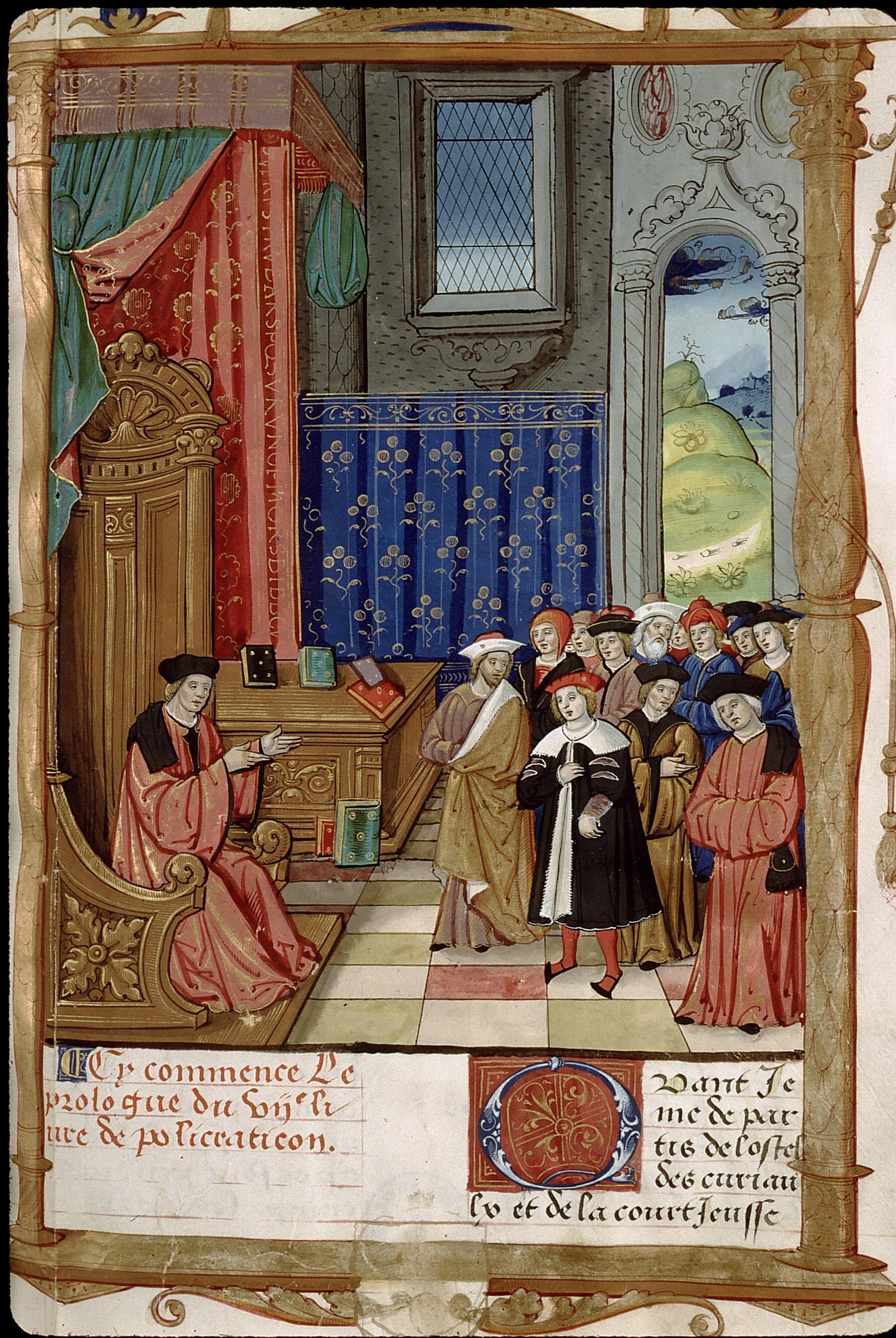“Bernard of Chartres used to say that we were like dwarfs seated on the shoulders of giants. If we see more and further than they, it is not due to our own clear eyes or tall bodies, but because we are raised on high and upborne by their gigantic bigness.”
Dicebat Bernardus Carnotensis nos esse quasi nanos gigantium humeris insidentes, ut possimus plura eis et remotiora videre, non utique proprii visus acumine, aut eminentia corporis, sed quia in altum subvehimur et extollimur magnitudine gigantea
Metalogicon (1159) bk. 3, ch. 4. Translation from Henry Osborn Taylor The Mediaeval Mind ([1911] 1919) vol. 2, p. 159; such similes were available to Isaac Newton, when he humbly made use of them in comparing his progress in scientific ideas to those whose ideas he drew upon, in his famous statement to Robert Hooke in a letter of 15 February 1676: If I have seen further it is by standing on the shoulders of Giants.
